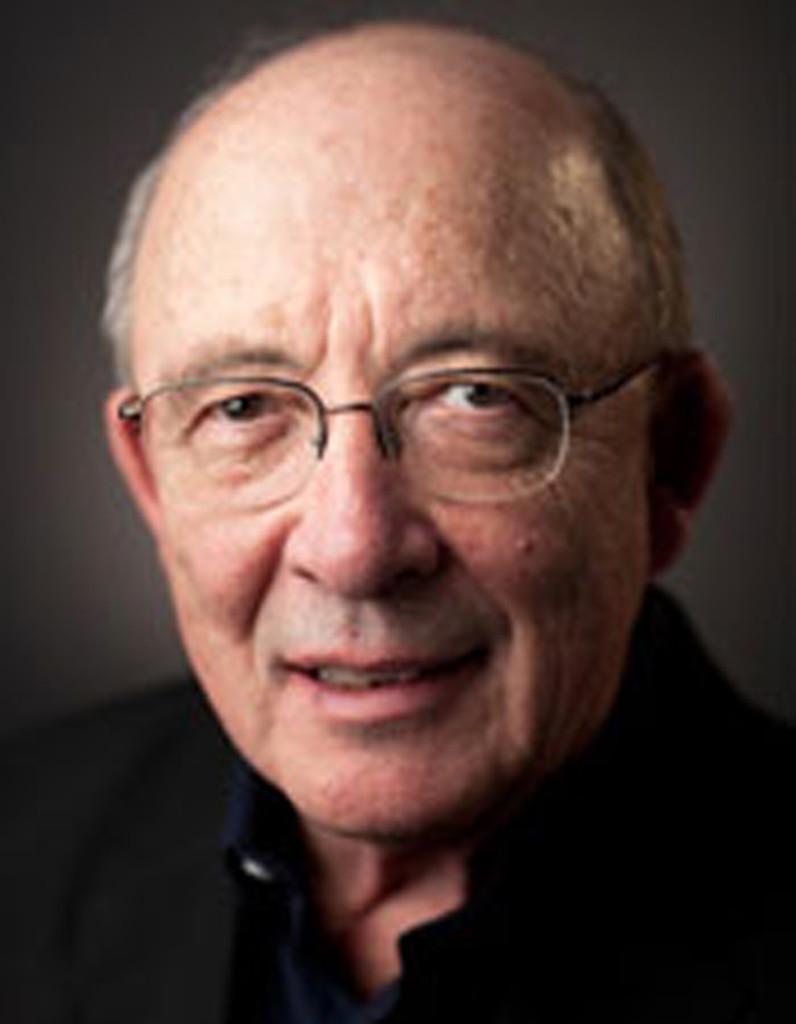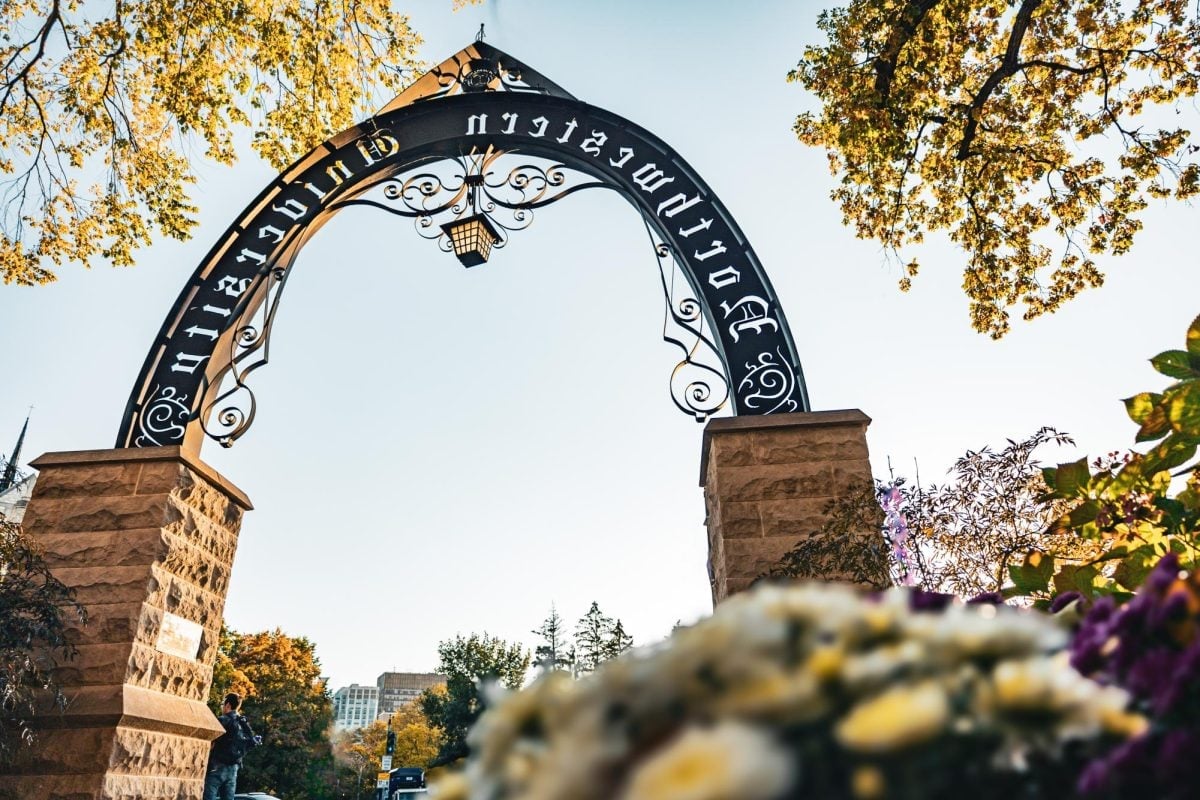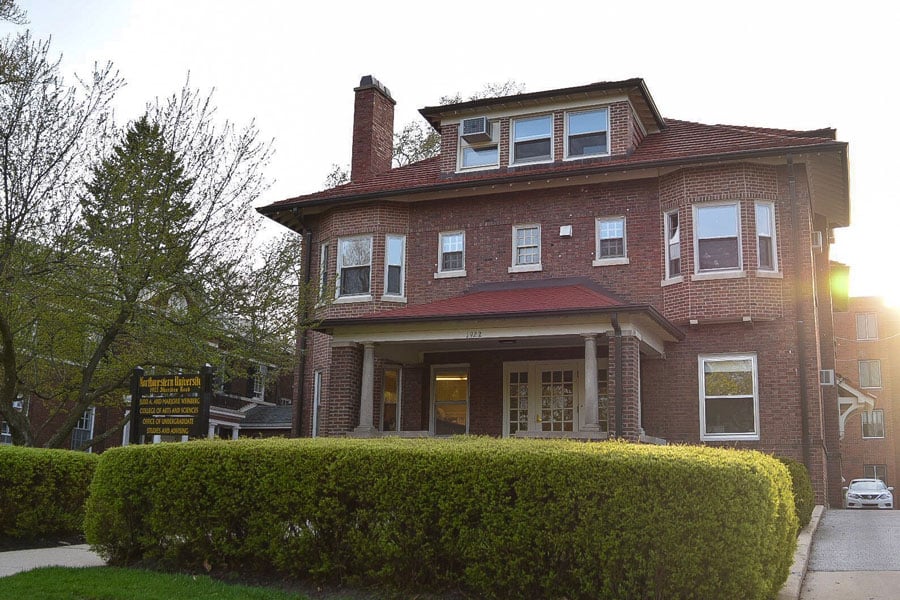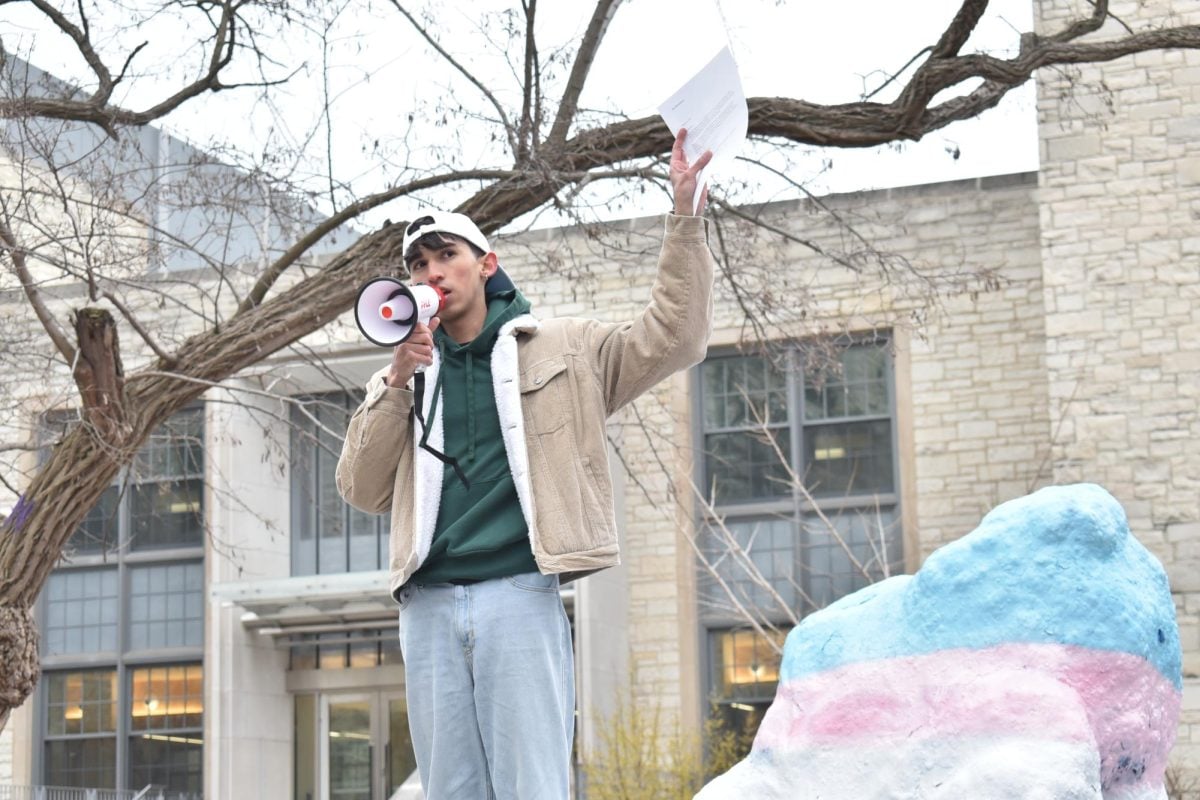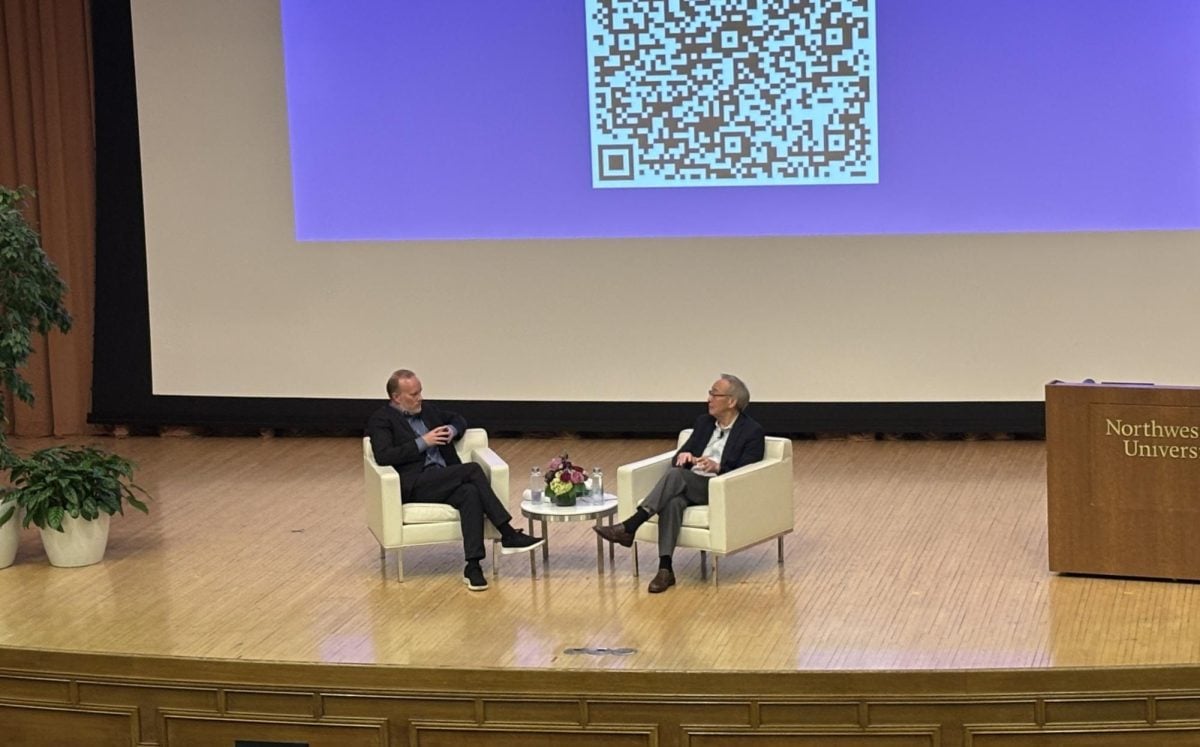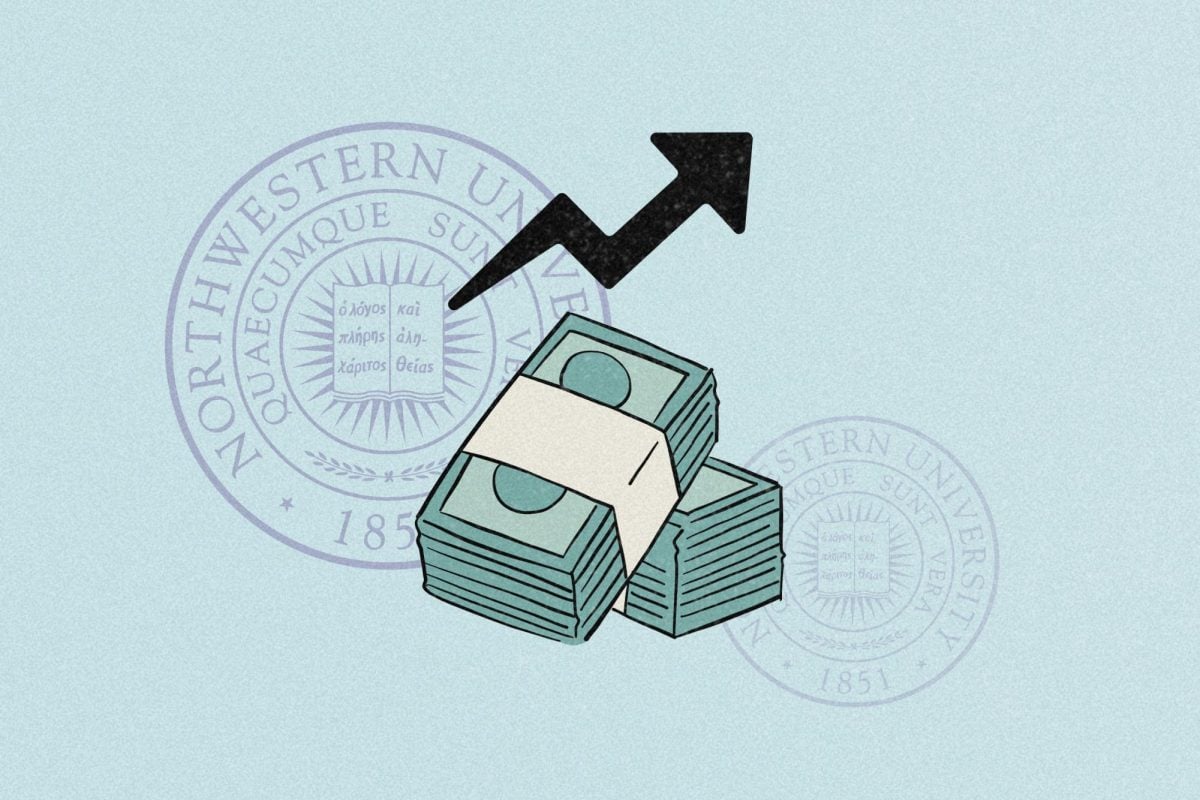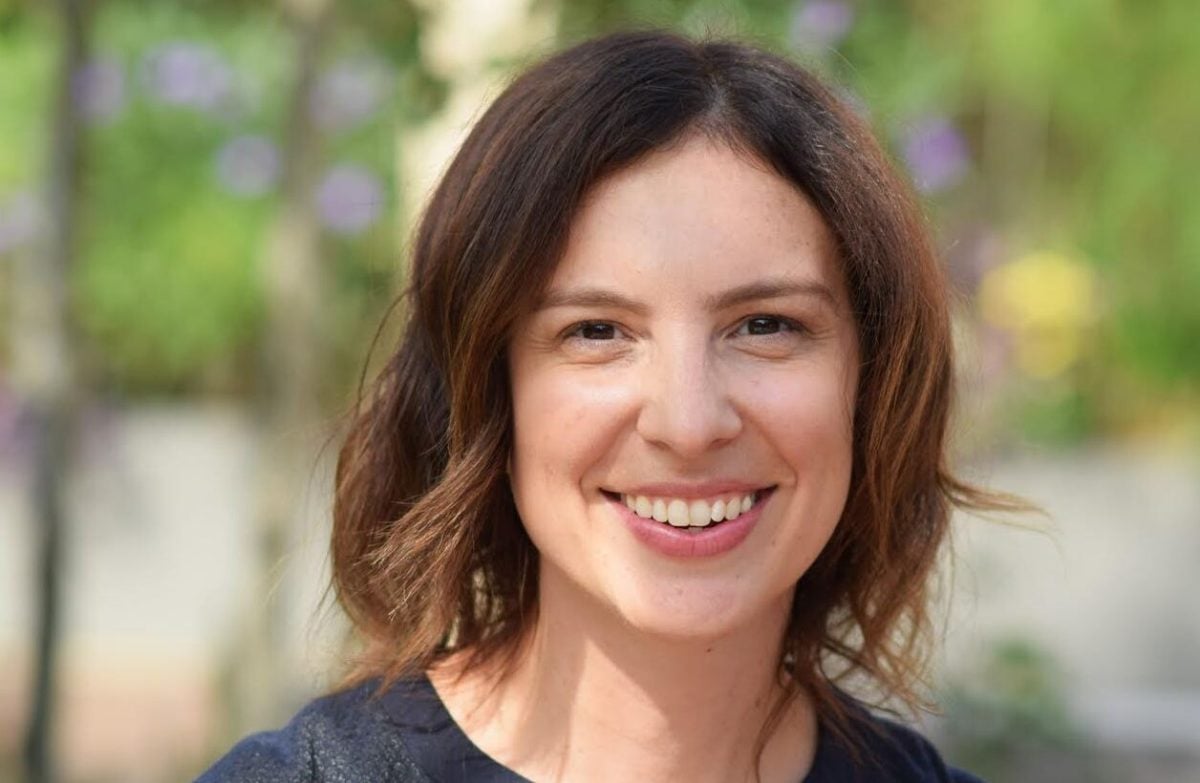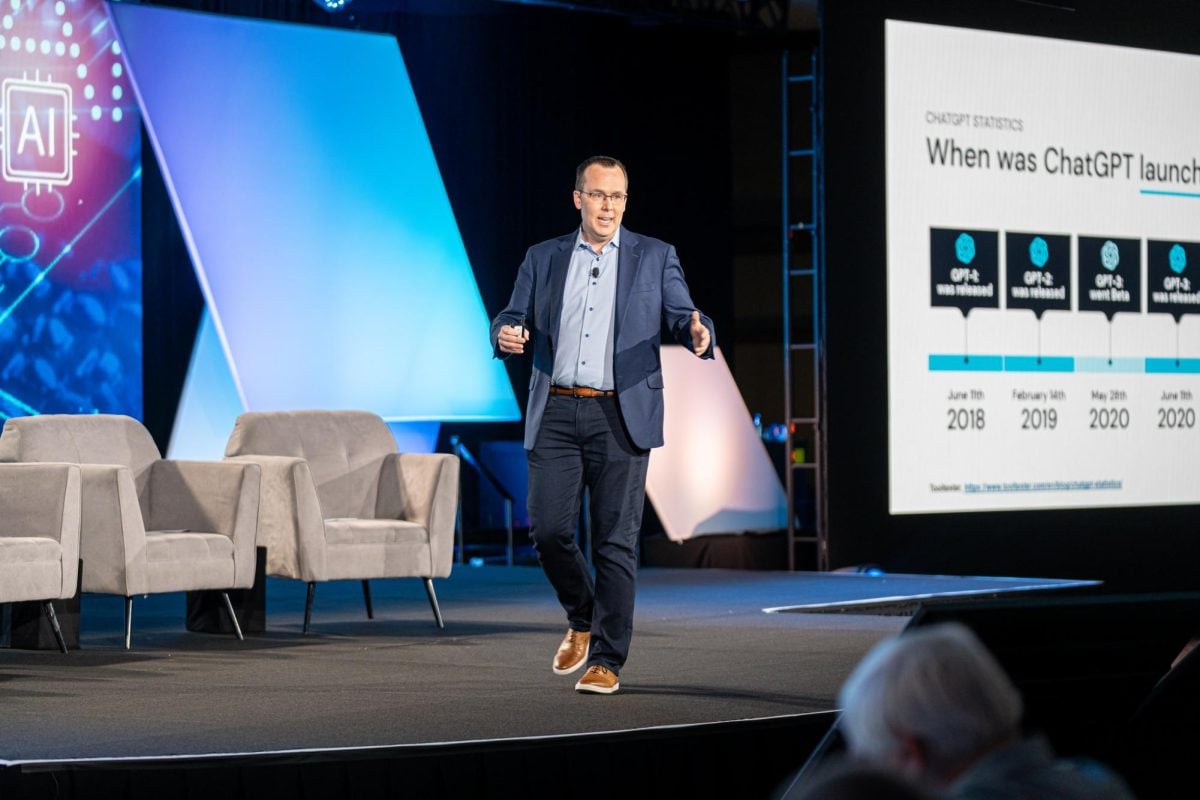Friends of Dale Mortensen, a Northwestern professor and Nobel laureate, remembered him Thursday as a revolutionary economist and a dedicated family man.
When Mortensen won the Nobel Prize in economics in 2010, he used his limited number of tickets to bring his entire family to the awards ceremony in Stockholm.
“Unlike most people, the Mortensens chose to bring their children and their spouses and their eight grandchildren,” said economics Prof. Robert Gordon, a longtime friend of Mortensen. “We have this wonderful photo of all these little tots dressed up in white tie and tails.”
Mortensen died Thursday at age 74 after nearly 50 years with NU’s economics department.
Mortensen and two colleagues won the Nobel Prize for their research in friction and unemployment in labor markets. Colleagues credit his theories with helping shape modern macroeconomics.
Although traditional economic theory says workers seeking employment and firms seeking workers will always find each other, Mortensen’s work took into account the personal job preferences of workers and employers.
The explanation behind his work seems intuitive, but in reality it is very complex, said economics Prof. Robert Coen, who worked with Mortensen at NU since 1971.
Mortensen abandoned traditional supply and demand theory for analyzing unemployment and developed mathematical models that describe how workers and firms search for and choose one another, shedding light on labor market inefficiencies that contribute to unemployment.
His models can be used to explain and predict the duration of unemployment in the labor market and can be applied to other areas as well, including the housing market and public finance.
“These are very broadly applicable ideas,” Coen said. “It’s that kind of advance in the techniques that are worthy of a Nobel Prize.”
Though Mortensen’s work focused on unemployment, he had not been unemployed since coming to NU in 1965 — something his friends often teased him about, said Kenneth Burdett, an economics professor at the University of Pennsylvania and a former student of Mortensen.
“He never really thought of changing jobs,” Burdett said. “I was head of the department at Cornell (University) at one time and I really tried to get him but he was really content to stay at Northwestern. He was a Northwestern man, an Evanston guy.”
Mortensen was active in the Evanston music community, along with his wife Beverly. Together they participated in local theater and were members of the choir at Saint Athanasius Parish, 1615 Lincoln St. Mortensen sang in the choir with a “marvelous voice,” while his wife directed, Gordon said.
Born in Enterprise, Ore. M
Friends remembered him as an excellent professor who educated his graduate students in his own economic theories. Mortensen’s network of former students helped spread his ideas and widen the impact of his theories.
“He had many graduate students over the years who spread out to all parts of the globe and have taken with them the advances in economic modeling that Dale pioneered,” Coen said.
Coen credited Mortensen with helping shape NU’s economic department. He carefully researched potential new professors and explained what skills they could bring to the field and to the University.
The Mortensens have strong ties to NU. Beverly Mortensen is a religious studies lecturer, and their granddaughter, Sarah Mortensen is a Weinberg junior. Coen said Mortensen loved to be with his family.
“He’s a very quiet, kind of unassuming, humble person despite the fact that he’s probably the most brilliant of economists that I’ve known,” he said. “It’s a great family. It really is wonderful to know people like that.”
Private family services will be held in Skokie, Ill. A public memorial will be held at a later date, according a news release from the University.
Email: allymutnick@u.northwestern.edu
Twitter: @allymutnick
Editor’s note: This article has been updated to reflect further information about Mortensen and details about upcoming memorial services.

